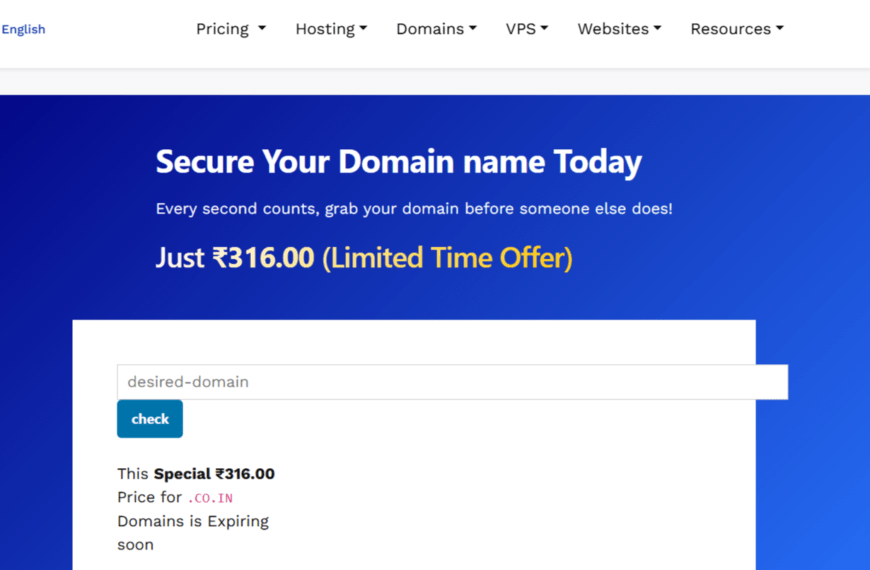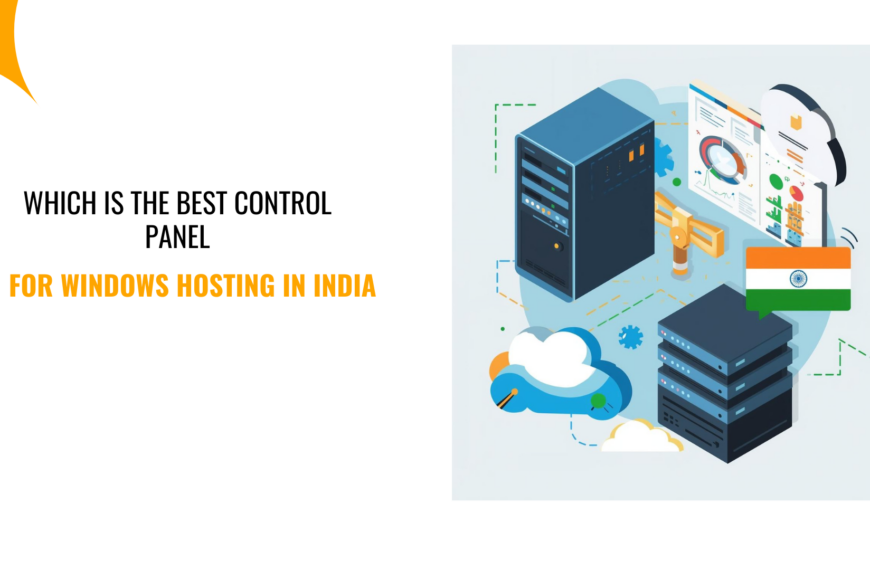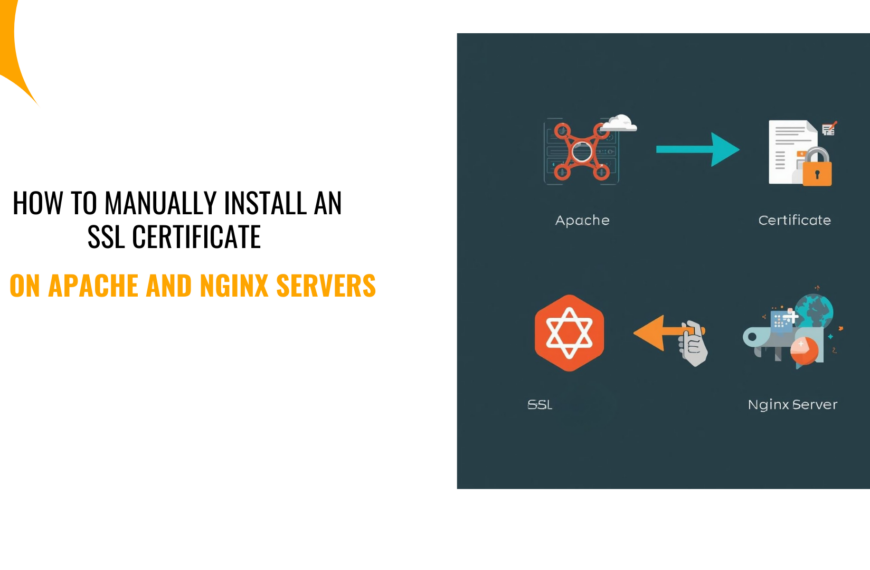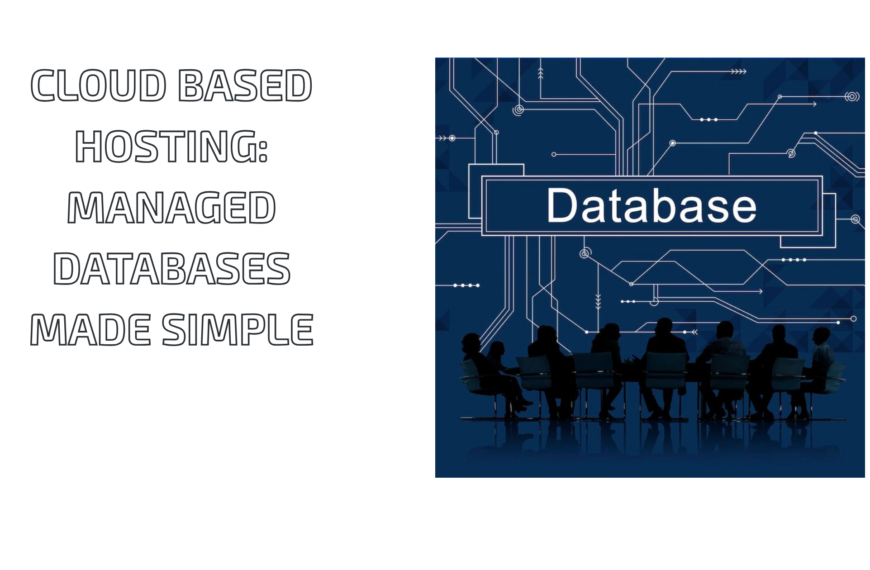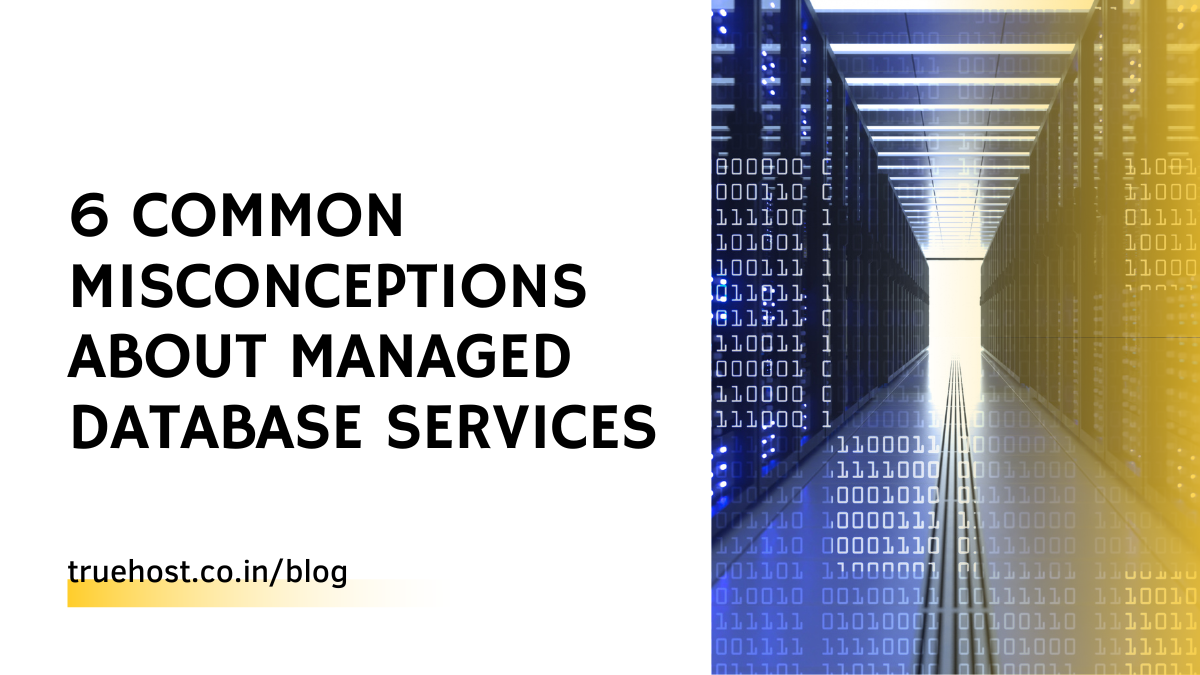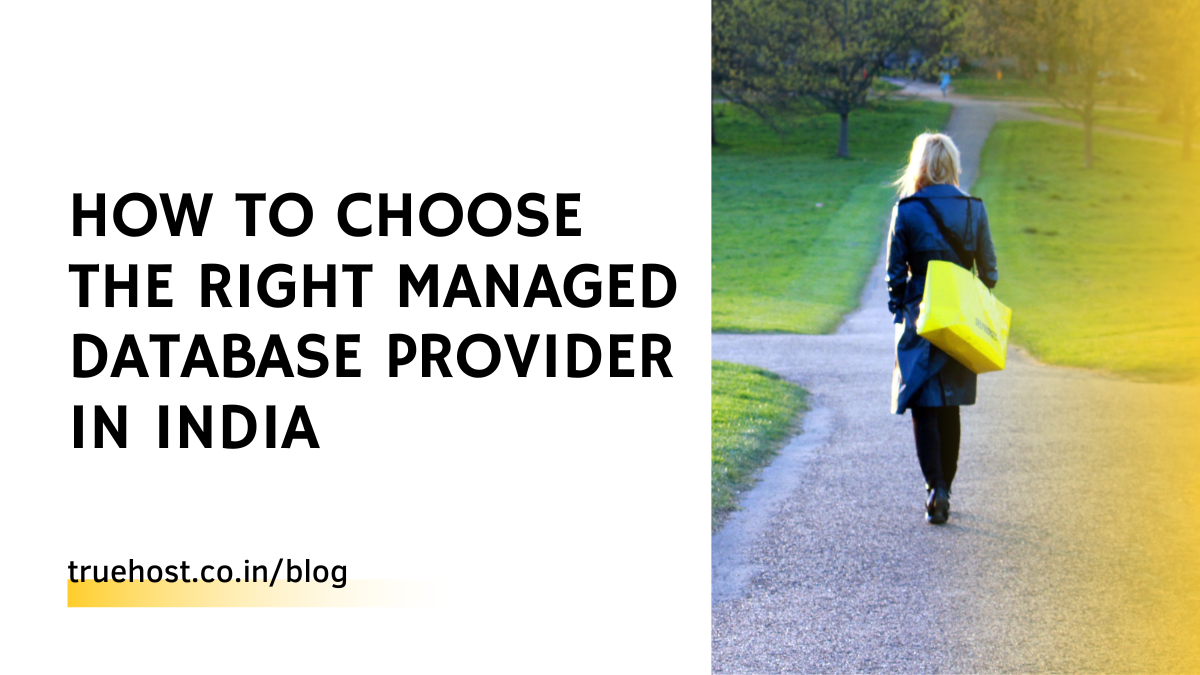Looking for a managed database in India? What is it? And most importantly, is it worth your time and money?
In this guide, we will dive into answering this question plus other things you need to make an informed decision about this matter.
What is a managed database?
In a nutshell, a managed database is a preconfigured database service that is offered by a cloud provider, like Truehost Cloud. The provider manages the setup, configuration, patching, upgrading, monitoring, and backing up of the database.
This can free up your time so that you can focus on developing your applications.
In contrast, with a traditional database, you would be responsible for these tasks yourself. This can be time-consuming and may require specialized expertise.
Additionally, managed databases often come with added features such as enhanced security and performance tuning that you would not have access to with a traditional database.
Benefits of using a managed database in India.
a). Cost-effective
A managed database can save you the costs of hiring extra manpower to manage your database, as well as the infrastructure costs of maintaining your own servers.
Managed databases in India are often more reliable and secure than in-house databases, which can give you peace of mind and allow you to focus on running your business.
b). Scalable
A scalable database is a database that can grow with your needs. This means that if you start with a small database, you can easily add more data and users as your business grows.
Scalability is an important consideration when choosing a database because it can save you time and money in the long run.
In fact, there are two main types of scalability: vertical and horizontal.
- Vertical scalability means adding more resources to an existing database server, such as adding more memory or storage.
- Horizontal scalability means adding more database servers to a network. Both methods have their advantages and disadvantages, so it’s important to choose the right one for your needs.
Vertical scalability is often the simplest and most cost-effective option for small businesses here in India. It’s easy to add more resources to an existing server, and you don’t need to worry about managing a complex network of servers.
However, vertical scalability has its limits.
At some point, you will reach the maximum amount of data that can be stored on a single server, or the maximum number of users that can be supported.
When this happens, you will need to either upgrade your hardware or switch to horizontal scalability.
Horizontal scalability is more complex than vertical scalability, but it offers unlimited potential for growth. With horizontal scaling, you add additional database servers as needed.
The main advantage of this approach is that it allows businesses to scale their databases without any limitations. The downside is that horizontal scaling requires careful planning and management in order to avoid performance issues.
Read also:11 Proven Strategies to Grow Your Online Business in India.
c). Secure
Your data is one of your most important assets, and it faces many risks. A managed database can help keep your data safe from these risks.
- Your data is at risk of being lost or stolen.
- Your data is also at risk of being corrupted or destroyed.
- Your data is at risk of being compromised.
A managed database can help prevent these risks by keeping your data safe and secure.
How?
A managed database can help keep your data safe from being lost or stolen by keeping it in a secure location.
At the same time, managed databases often take backups, this insulates your data from being corrupted or destroyed.
Finally, a managed database can help prevent your data from being compromised by ensuring that only authorized users have access to it.
d). High performance
Most managed bases runs on the cloud. This means that it can take advantage of the resources available on the cloud, such as storage, memory, and processing power. This results in a faster and more reliable database.
This high performance can trickle down to your business in a number of ways.
One benefit is that it can help you save money on your infrastructure costs. A high-performance database can also help you improve your application’s performance.
A better app means happy users and money in your pocket.
Conclusion: A managed database can be a great investment for your business in India.
A managed database is a great way to optimize your website’s performance. Here are some benefits of using a managed database:
- Your database will be optimized for performance. This means that your website will load faster and be more responsive.
- You’ll have access to expert support if you need it. Managed databases come with 24/7 support from experienced professionals.
- Your data will be backed up and secure. Managed databases offer regular backups and security features to protect your data.
- You can scale your database as your website grows. Managed databases make it easy to add more capacity as needed.
- You’ll save time and money. A managed database takes care of all the technical details for you, so you can focus on running your business.
That said, check out our managed database services. We offer a variety of options to fit your needs.
 Web HostingBudget-friendly shared hosting plans
Web HostingBudget-friendly shared hosting plans Domains SearchFrom .com to unique country domains, explore and register extensions worldwide.
Domains SearchFrom .com to unique country domains, explore and register extensions worldwide. WordPress HostingPower your blog or business with WordPress hosting.
WordPress HostingPower your blog or business with WordPress hosting. Email HostingSimple, secure email hosting that helps you stay connected and professional.
Email HostingSimple, secure email hosting that helps you stay connected and professional. Reseller HostingStart your own hosting business with easy and reliable reseller hosting plans.
Reseller HostingStart your own hosting business with easy and reliable reseller hosting plans. AffiliateJoin our affiliate program and earn commissions every time you bring in new customers.
AffiliateJoin our affiliate program and earn commissions every time you bring in new customers. cPanel HostingHosting powered by cPanel, the world’s most user-friendly control panel.
cPanel HostingHosting powered by cPanel, the world’s most user-friendly control panel. Windows HostingBuilt for Windows applications and websites
Windows HostingBuilt for Windows applications and websites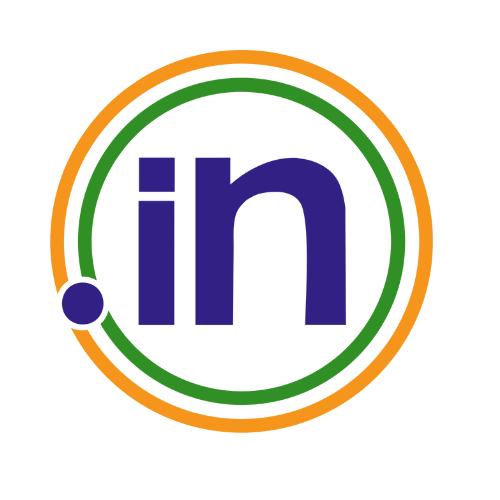 IN Domain PricesDon’t miss out on the best domain deals in India!
IN Domain PricesDon’t miss out on the best domain deals in India! WHOIS LookupFind out who owns a domain name with a quick and easy WHOIS search.
WHOIS LookupFind out who owns a domain name with a quick and easy WHOIS search. Domain TransferTransfer your domain to us and enjoy reliable support every step of the way.
Domain TransferTransfer your domain to us and enjoy reliable support every step of the way. .Com DomainGet the most trusted domain for worldwide credibility
.Com DomainGet the most trusted domain for worldwide credibility All TldsSearch and register domain extensions worldwide.
All TldsSearch and register domain extensions worldwide. Managed VPS HostingNot a tech expert? Choose our fully managed VPS service.
Managed VPS HostingNot a tech expert? Choose our fully managed VPS service. Dedicated ServersTake full power and total control of your own physical server.
Dedicated ServersTake full power and total control of your own physical server.

